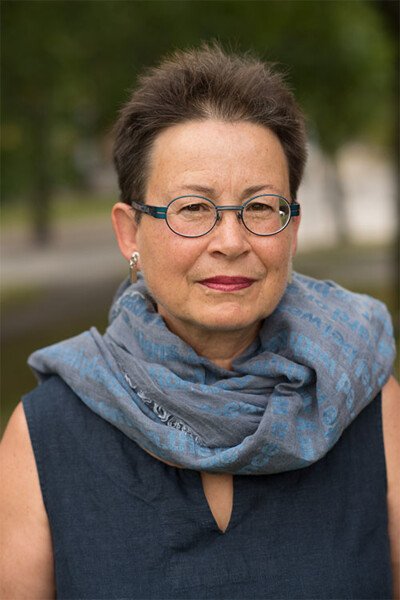Researching the nature of work and sustainable employment
Maria Albin researches how the environments in which we work and live affect our health. She is particularly interested in issues relating to sustainability – what work content and employment conditions are needed for people to continue enjoying what they do.

Maria Albin, Professor of Occupational and Environmental Medicine at the Institute of Environmental Medicine
While, on average, we are living longer and enjoying more years of health, rising levels of health are unevenly distributed in society. Those benefitting most are socio-economically strong, well-educated groups with money.
“For women with only a basic education, there’s almost no visible change at all,” says Professor Albin. “We’re seeing growing health inequality in society.”
Professor Albin researches what causes this gap and how it can be closed. One key aspect of this is how the content and conditions of people’s jobs can be changed to prevent exhaustion and overwork.
“We need a pension system that doesn’t create conflicts between staying healthy and earning a living, and we have to be able to change our work tasks as we grow older, particularly in physically or mentally demanding jobs,” she says.
In one project, Maria Albin’s team have interviewed older people at work and their managers. Both parties are generally very positive. Those working after the age of 65 say they decided to do so because they feel that they are doing something useful and contributing to society. Their managers, for their part, praise their experience and competence, and say that they help to create a pleasant workplace atmosphere.
Maria Albin also researches environmental factors outside the workplace, including how we are affected by our proximity to “blue” factors, that is to say rivers, lakes and the sea.
One issue that interests her is knowledge dissemination and dialogue with the community. She is also a member of the government’s Commission for Equity in Health.
Text: Anders Nilsson, first published in translation from Swedish in the booklet From Cell to Society 2016
